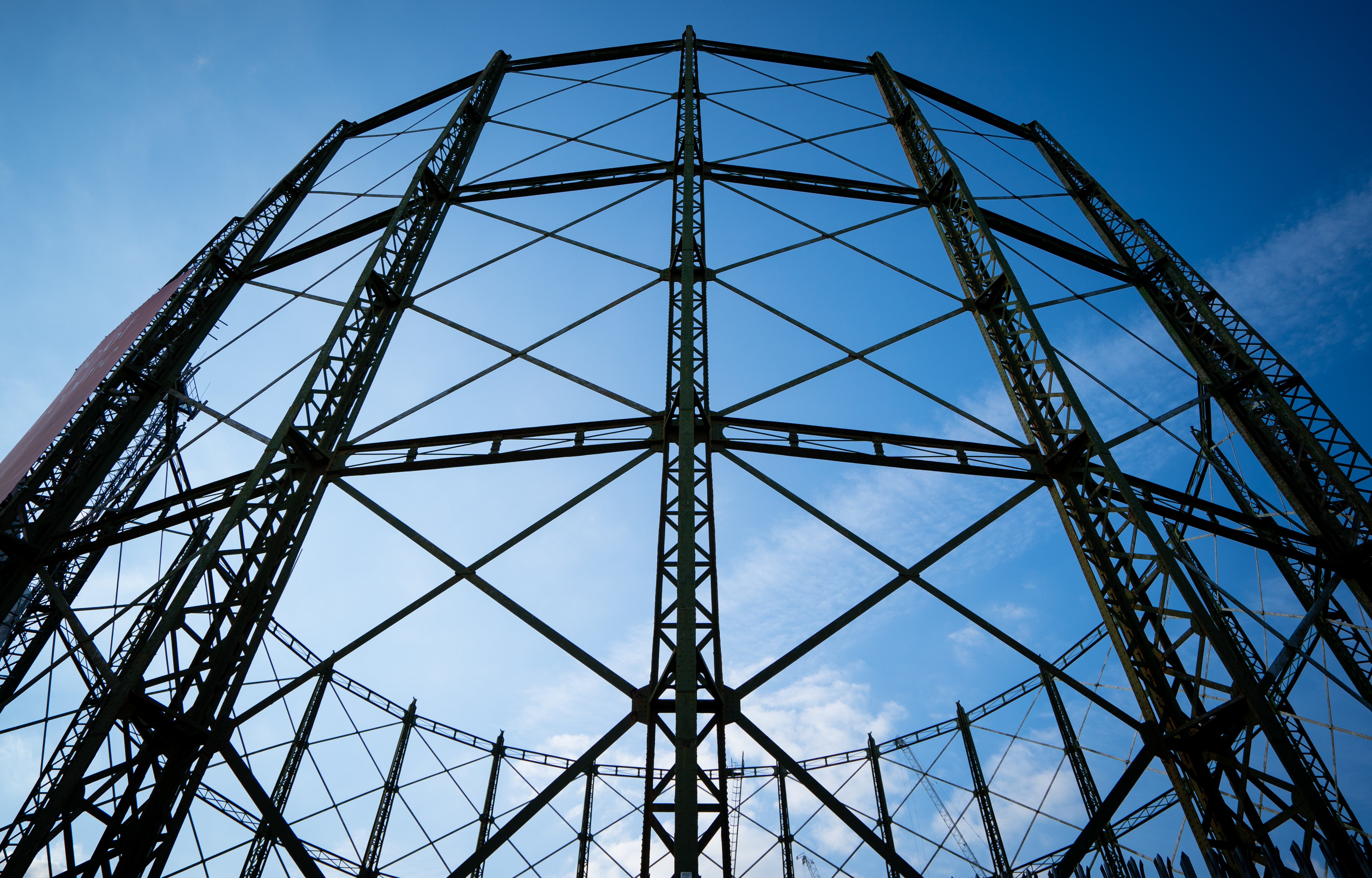‘Significant’ energy price rises will continue and more firms will collapse, Ofgem warns
The energy price cap will ‘inevitably need to reflect’ rising costs, CEO of Ofgem said

Energy regulator Ofgem has warned of “significant” price rises and more company failures in the light of soaring gas prices.
Speaking at the Energy UK conference on Thursday, Ofgem CEO Jonathan Brearley said that customers will face “an extremely difficult time” as rising costs “are ultimately passed through to bills”.
He also warned that the price cap is likely to increase, saying that “it is designed to reflect fair costs and therefore will need to adjust over time to reflect the changes in fuel prices”.
European natural gas prices shot to record highs this week following fears of supply shortages over the winter.
Speaking at what he said was an “unprecedented” time for the energy market, Mr Brearley said that more company failures were to be expected.
He said that the industry had already seen twelve companies fail and that “given the continued volatility of the market, it is likely that more suppliers will exit.” He added: “I appreciate the difficulties of those working in those companies and for their customers.”
The default tariff cap set by regulator Ofgem is currently set at £1,277, but many industry experts are expecting this to increase when it is updated next year.
Mr Brearley signaled that customers will see a jump in the energy price cap, saying: “While gas prices remain high, the cap will inevitably need to reflect them to allow suppliers to recover their costs. But it is still protecting millions of customers from the full impact and pace of the rising costs of the prices that we are seeing today.”
He also said that Ofgem would be taking more steps to regulate the market, in the light of many companies struggling to deal with gas price hikes. He promised to build a market that is “more resilient” to the volatility that has been seen over the past few months.
This would involve continuing to limit the number of new entrants to the sector.
The CEO also said that it would be necessary to “diversify” the country’s sources of energy and highlighted an over-dependence on gas.
Speaking in a later panel event, director of policy and regulation at energy supplier EDF, Rebecca Sedler, said the recent crisis had been “a big wake up call”.
She said the UK had taken security in its energy supply “for granted more than other countries have done”.
Ms Sedler added that the UK needed more nuclear energy production and should “diversify” and become less dependent on gas.
Clementine Cowton, director of external affairs at Octopus Energy Group, a renewable energy supplier, said the national grid was running like a “minicab office” when it should be running like Uber.
She said: “We are still running the grid through phone calls and pulling levers and pushing buttons. We need to be digitising that infrastructure.”
Their comments come as the head of the International Energy Agency, Fatih Birol, said that Russia has the capacity to send substantially more gas to Europe to help alleviate the energy crisis.
Speaking to the Financial Times, Mr Birol said that Russia could increase its exports by around 15 per cent of peak winter supply, and that this move could “have a calming effect on the market”.
Join our commenting forum
Join thought-provoking conversations, follow other Independent readers and see their replies
Comments
Bookmark popover
Removed from bookmarks